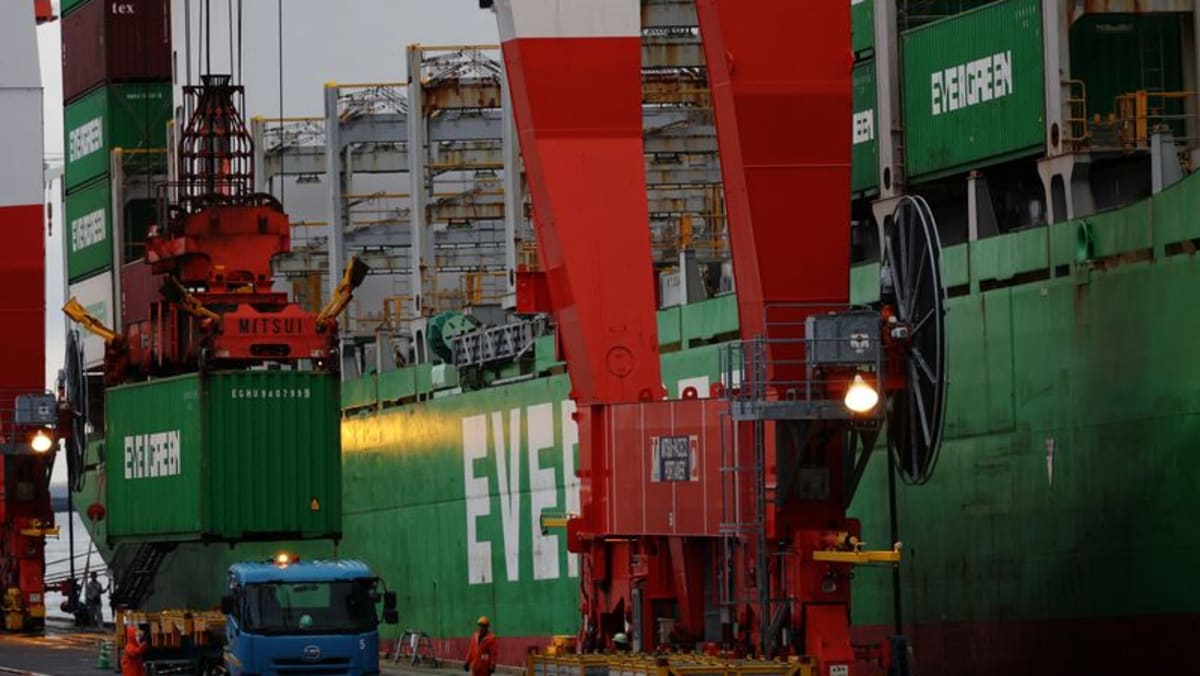TOKYO : Japanese exports rose 2 per cent in April from a year earlier but shipments to the U.S. fell, data showed on Wednesday, highlighting the toll President Donald Trump’s tariffs could take on the fragile economic recovery.
Analysts expect the hit to exports from U.S. tariffs to intensify later this year, unless Japan can convince Trump to slash or eliminate tariffs in bilateral trade negotiations.
The year-on-year increase in total exports matched a median forecast and slowed from a 4 per cent increase in March.
Shipments to the United States, Japan’s biggest export destination, fell 1.8 per cent in April from a year earlier, Ministry of Finance data showed.
Exports of automobiles to the U.S. fell 4.8 per cent in April due to the impact of the yen’s rise and declining shipments of high-end models. But overall automobile export volumes rose 11.8 per cent, indicating a steady increase in shipments of less expensive models.
Imports fell 2.2 per cent in April from a year earlier, versus a 4.5 per cent drop expected by analysts. As a result, Japan marked a trade deficit of 115.8 billion yen ($802.44 million), compared with a median market forecast for a 227.1 billion yen surplus.
In April, Trump imposed 10 per cent tariffs on most countries, along with higher tariff rates for many big trading partners, including Japan, which faces a 24 per cent tariff rate starting in July unless it can negotiate a deal with the United States.
Washington has also imposed 25 per cent levies on cars, steel and aluminium, dealing a huge blow to Japan’s economy, which relies heavily on automobile exports to the United States.
Japan produces 9 million cars annually at home and ships about 1.5 million of them to the United States. Furthermore, Japanese automakers export more than 1.4 million cars to the United States from Mexico and Canada.
The uncertainty caused by Trump’s tariffs may also prod firms to delay investment plans, which would add to pains for an economy that suffered a contraction in the January-March quarter.
